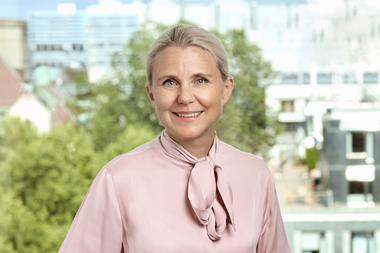The European securities supervisor has launched a consultation on the use of ledgers to verify clearinghouse and other transactions, predicting its use could reduce the need for collateral.
According to the discussion paper by the European Securities and Markets Authority (ESMA), the use of distributed ledger technology (DLT) – one example of which is blockchain, used to validate transactions of virtual currency Bitcoin – could see significant benefits for the clearing and settlement markets and reduce counterparty risk.
Saying it was “mindful” of issues raised by the use of Bitcoin, ESMA nevertheless stressed its research on DLT would be limited to how the technology could be used within the securities markets.
It noted that any regulation of payments of virtual currencies would be for the European Central Bank or the European Banking Authority to consider.
It said it understood the use of DLT could bring benefits to the market but that it wished to understand fully any detriment that could arise through reliance on such ledgers.
The supervisor predicted the clearing and settlements markets could see significant benefits, as the use of DLT could cut back on the number of intermediaries needed in any transaction.
“Certain proponents of the DLT believe the clearing and settlement of transactions could effectively combine into a single step, which would be (almost) instantaneous,” the discussion paper adds.
“This could create a number of additional benefits, including reduced counterparty risk and less need to post collateral.”
ESMA also predicted the use of DLT could reduce costs for providers, as certain back-office functions – including reporting and monitoring of transactions – could be automated.
“Also, the use of distributed ledgers could reduce or even eliminate maintenance costs of individual ledgers at company level and reduce the need for costly business continuity plans,” the paper states.
“In addition, by reducing the need for multiple intermediaries, the DLT could also reduce transactions costs.”
ESMA has asked for feedback from the industry by 2 September.












